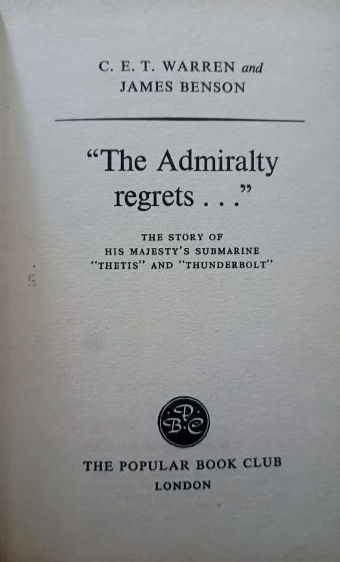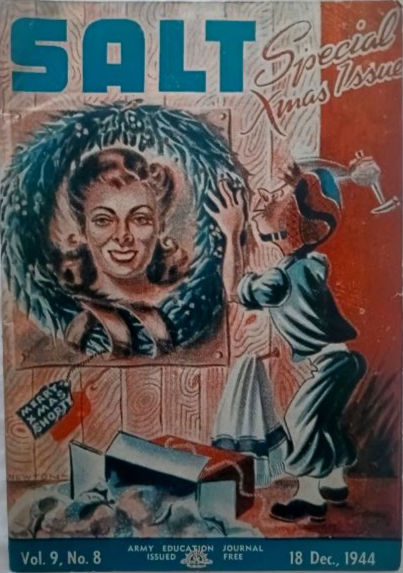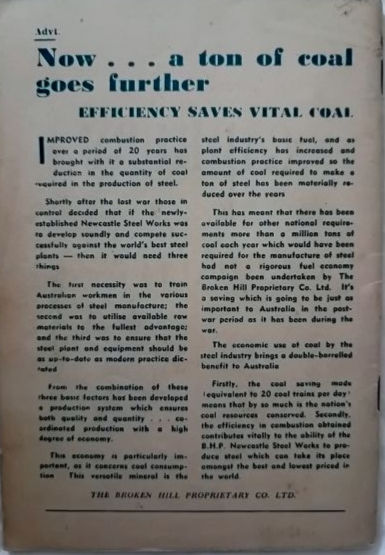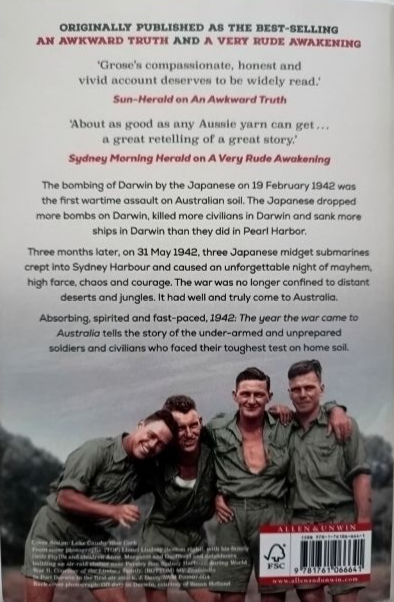Alan Moorehead (1990) By Tom Pocock
Alan Moorehead was lionised as a literary man of action: the most famous war correspondent of the Second World War, the award-winning and best-selling author of books that vividly combine adventure and history, the star travel-writer of the New Yorker, and a pioneer advocate of wildlife conservation. Drawing on Moorehead's diaries and correspondence, as well as interviews with his family and friends, Tom Pocock tells the story of a thrilling, but ultimately tragic, life.
Alan McCrae Moorehead, AO, OBE (22 July 1910- 29 September 1983) was a war correspondent and author of popular histories, most notably two books on the nineteenth-century exploration of the Nile, The White Nile (1960) and The Blue Nile (1962). Australian-born, he lived in England and Italy from 1937.
During World War II, he won an international reputation for his coverage of campaigns in the Middle East and Asia, the Mediterranean, and Northwest Europe. He was twice mentioned in despatches and was appointed an Officer of the Order of the British Empire. According to the critic Clive James, "Moorehead was there for the battles and the conferences through North Africa, Italy, and Normandy all the way to the end. The hefty but unputdownable African Trilogy, still in print today, is perhaps the best example of Moorehead's characteristic virtue as a war correspondent: he could widen the local story to include its global implications. And James further affirmed, "His copy was world-famous at the time and has stayed good; he was a far better reporter on combat than his friend Ernest Hemingway." Moorehead's 1946 biography of Montgomery also remains well considered. Moorehead was well able to see, as Wilmot calamitously didn't, that Eisenhower was Montgomery's superior in character and judgment.
- Hard Cover With Dust Jacket
- 311 pages
- In Good Condition
































